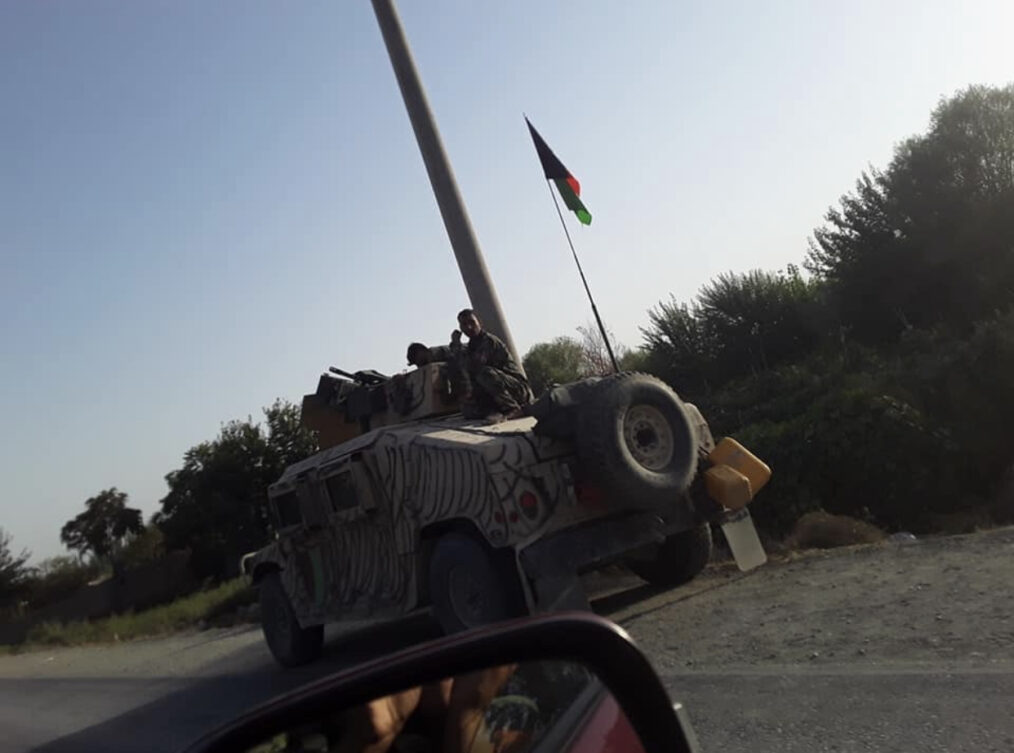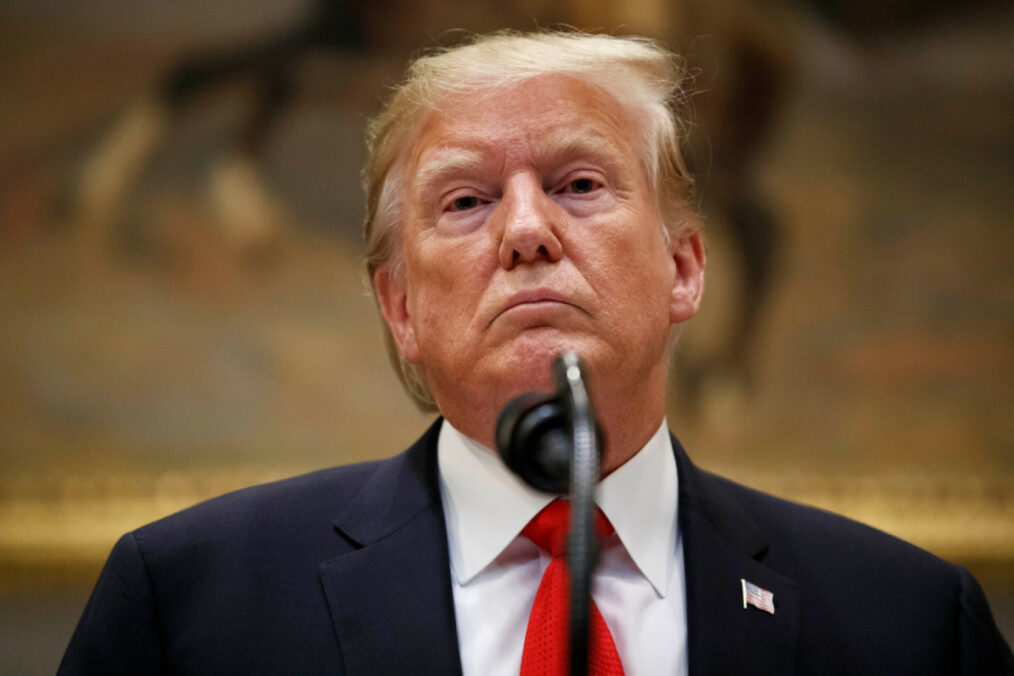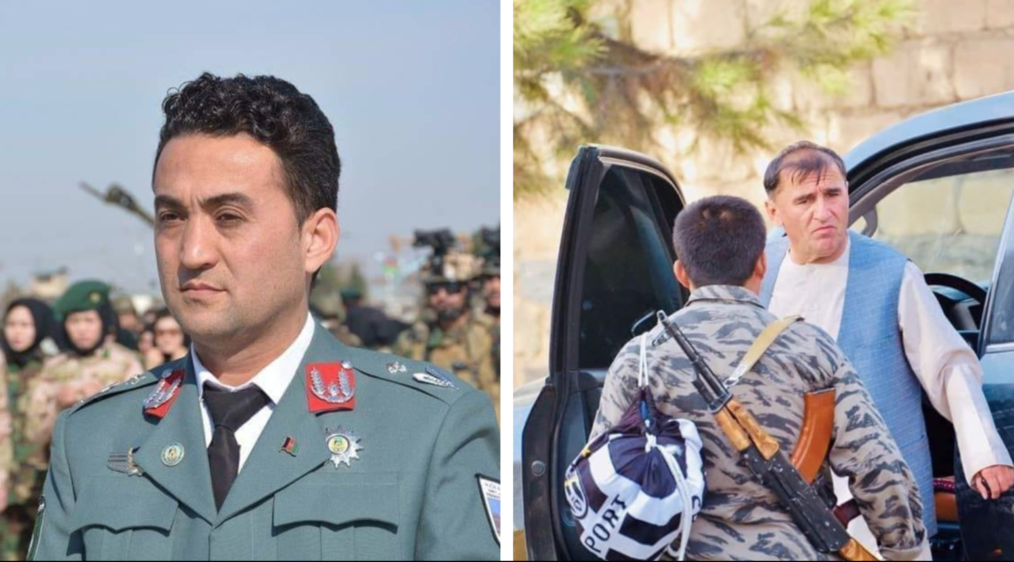Ahmad Mohibi’s news analysis on Afghanistan’s TOLOnews in regards to the 9/11 anniversary that marks the 18 years of US war in Afghanistan.
Since talks have been deemed ‘dead’, it is a better option for the US to take a more active stance on their South East Strategy of 2017 to counter state-sponsored terror and increase pressure on countries, such as Pakistan, who actively harbor the Taliban.
September 11, 2019, marked 18 years since the 9/11 attack — a tragic day in the history of the United States. It also marked the beginning of the US’s longest war in Afghanistan. It is a wake-up call for the western world to pay deeper attention to the rise of terrorism around the world and learn from past conflicts, as the US did in the 1990s in Afghanistan — leaving allies ally while terrorism retaliates and attack.
The United States has not been entirely successful in its counter-insurgency operations over the past 18 years. However, progress has been made. An example would be the weakening of Al-Qaeda — a group that had the ability to reach New York and plan deadly attacks. Today, their ability to carry out such an attack has been massively hindered. On the negative side, ISIL has emerged and the Taliban has become stronger than at any point since their removal from power in 2001. Thus, we see some success but at the same time, multiple failures.
Public opinion differs in both Washington and Kabul. In the United States, conservatives, such as Senator Lindsay Graham, are against troop withdrawal and are more in favor of hitting the enemy militarily, while liberals and the majority of Americans have grown tired of a long war in Afghanistan. Everyone is clear: they want an end to this war, but differ on how to bring about that end. So far $ 2.8 trillion USD has been spent, many lives lost and energy expended — it is hard to judge whether the US Global War on Terror was a success or a failure, so let numbers and statistics speak on the matter.
The former head of the Afghan National Security Directorate (NDS), Masoom Stanekzai has said recently that one of the reasons that the US has failed in the war against terrorism is regional barriers.
The Afghan case is sensitive, complex and hard, but it does have similarities to Vietnam. President Richard Nixon’s “Peace with Honor” failed due to US domestic politics, the Watergate scandal, the ongoing Cold War with the Soviets, and mass Chinese support for the communist Vietnamese. The same situation unfolded in Afghanistan.
The Afghan war is not only a religious and ethnic conflict but also a proxy war with many foreign actors. It may appear that the Taliban want to bring an Islamic Emirate and defeat western democracies, but it is more complex than that. Intra-Afghan tribal differences, US economic rivalries with China and political rivalries with Russia, as well as interference from Pakistan and Iran, have all influenced conflict in the region.
There is no doubt that the United States proudly commands the world’s strongest economy and military. During the 9/11 memorial, President Trump said:
We had peace talks scheduled a few days ago. I called them off when I learned that they had killed a great American soldier from Puerto Rico and 11 other innocent people. They thought they would use this attack to show strength but actually what they actually showed us is un-reluctant weakness. The last four days we had hit our enemy harder than they have ever been hit before and that will continue.
He further emphasized that he will not use nuclear weapons to show American strength, but that the strength will come from the US soldiers.
The Afghan war is complex and the US has not been as successful in counterinsurgency operations as they had hoped, but if we look at the achievements of the past 18 years, it is satisfying. After the Taliban was toppled, from 2004 – 2005 Afghanistan was relatively peaceful, the Taliban appeared to have been defeated, but they went to Pakistan where they regrouped and came stronger. Now they claim to control over 70% territory in Afghanistan.
Since talks have been deemed ‘dead’, it is a better option for the US to take a more active stance on their South East Strategy of 2017 to counter state-sponsored terror and increase pressure on countries, such as Pakistan, who actively harbor the Taliban. It is vital that Kabul receives military aid in the form of aircraft and advanced intelligence to combat the Taliban.
At the same time, the US needs to increase efforts to impede Taliban financing. This includes a comprehensive strategy that includes the use of the financial and banking system levers.
Going forward, the United States will need to focus on the implementation of this strategy while creating better counter-insurgency operation strategies in coordination with the Afghan forces and the Afghan government. These include, but are not limited to:
- Political and economic pressure on Pakistan
- Capacity building of the Afghan government
- Fight corruption
- Intelligence information sharing
- Provide vital equipment and training to the Afghan National Security Forces
These are important steps the US can take going forward to see progress. This way, President Trump can see the achievements he promised in his presidential campaign and bring the soldiers home.
As we are speaking, the agenda for peace in Afghanistan is lost, said Ahmad Mohibi to TOLOnews. Whilst at an event recently, when commenting on the Afghan peace process, a former State Department official smiled and said, “What peace?… Isn’t it dead?”
President Trump is serious about national security. We have seen three National Security Advisors resign or been fired since he took over the current administration. Elections are near; both in Afghanistan and the United States. President Trump wants to show achievements, however, to avoid making Nixon’s mistake, he needs to tread carefully in Afghanistan. Following the recommendations above, he may achieve what Nixon couldn’t — make peace and bring the troops home.
The United States should not consider an immediate troop withdrawal to avoid making the same mistake as Vietnam. As Senator Lindsay Graham emphasized, “If America completely pulls out of Afghanistan, I fear the Security Forces will fracture along regional lines, creating growth opportunities for Al Qaeda and ISIS.”
In conclusion, the US should avoid a troop withdrawal and direct more pressure on regional actors, mainly Pakistan, to stop harboring and financing terrorism in Afghanistan. The US needs to support a transparent election in Afghanistan and ensure the government is chosen by the people. Ideally, the US cancellation of peace talks will be a ‘slap in the face’ for the Taliban so that they may learn from their mistakes, and be open to peaceful negotiations in the future.
The military option has not been as successful as the US hoped over the past 18 years and will only work if the Taliban’s financing is cut on a macro level, which includes pressuring state sponsors. This way, there is a possibility of peace in Afghanistan. We must stress, however, it will not happen overnight. It will require generations of Afghans to work hard and build their nation back up again.
Ahmad Mohibi on TOLOnews
Ahmad Mohibi, a writer and is the founder of Rise to Peace. Follow him on Twitter at @ahmadsmohibi.





